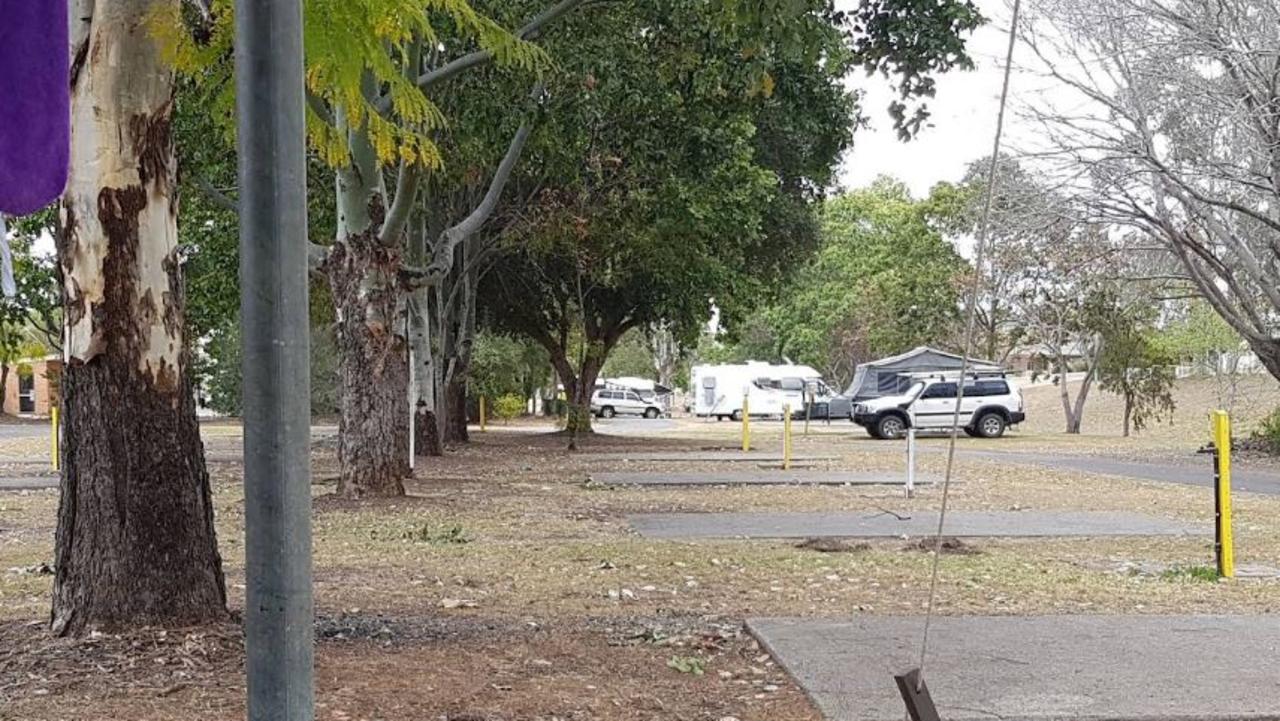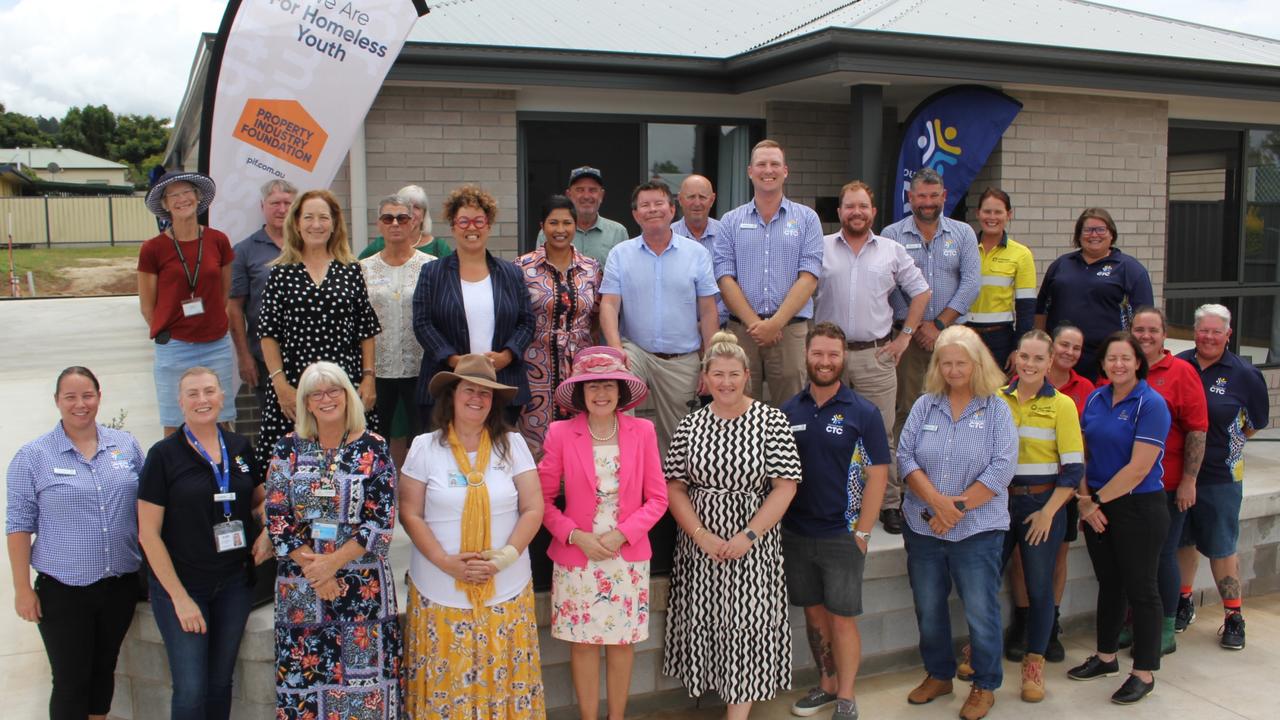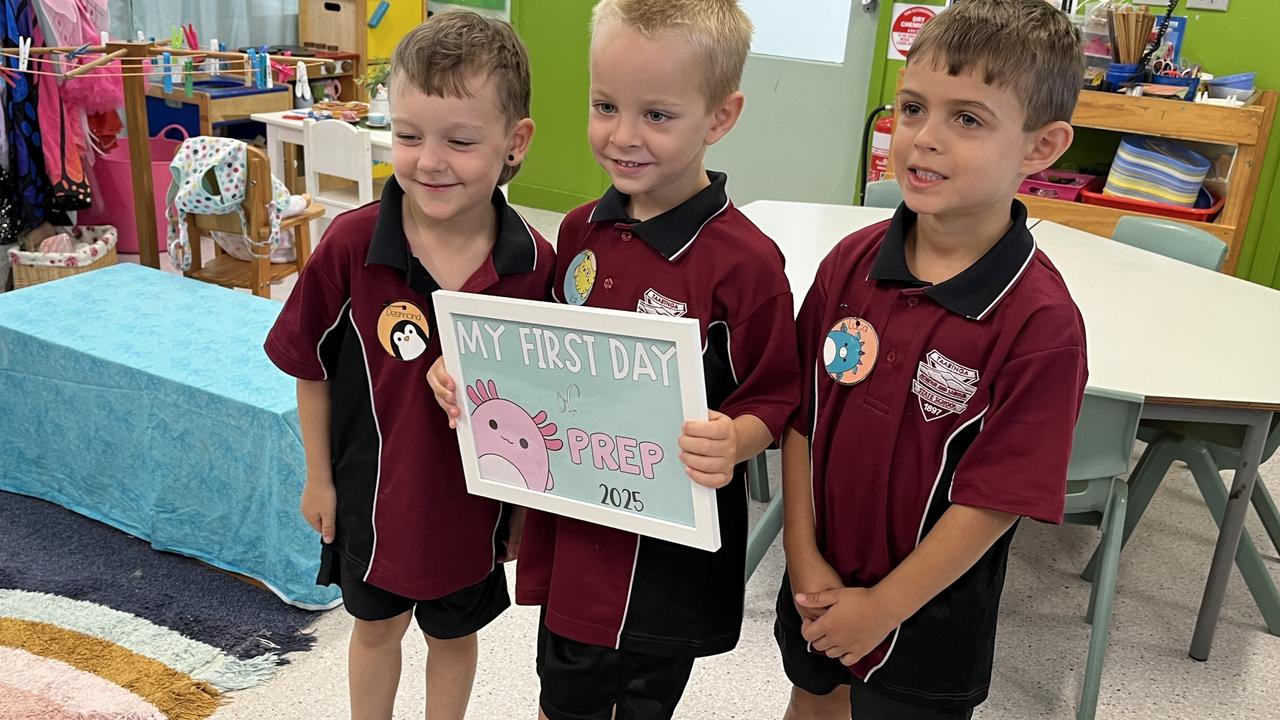Flying foxes invade Blackbutt homes following tree clearing
An avalanche of complaints about the bat situation in some Blackbutt streets will be the subject of a community meeting, with the local council promising it was taking the matter seriously.
Community News
Don't miss out on the headlines from Community News. Followed categories will be added to My News.
Blackbutt is once again contending with an influx of flying foxes, with the animals invading residential properties following recent tree clearing.
The issue was raised during during Wednesday’s South Burnett Regional Council meeting, when Division 2 councillor Linda Little addressed the growing concerns from Blackbutt residents.
“Unfortunately, I have been receiving a lot of complaints about the bat situation in Blackbutt … I do take your concerns seriously,” Ms Little said.
“I completely understand how upsetting it is, and how noisy and smelly it is for you at the moment.”
Ms Little said she would meet with experts and some council members on Friday to discuss possible solutions.
“Recently there was some land clearing that took place in Blackbutt, and this has certainly exacerbated the whole situation,” she said.
“If those trees had not been removed, the bats wouldn’t be hanging around the houses like they are at the moment.”
She noted that the areas along the creek beds and Chester Le St were the hardest hit.
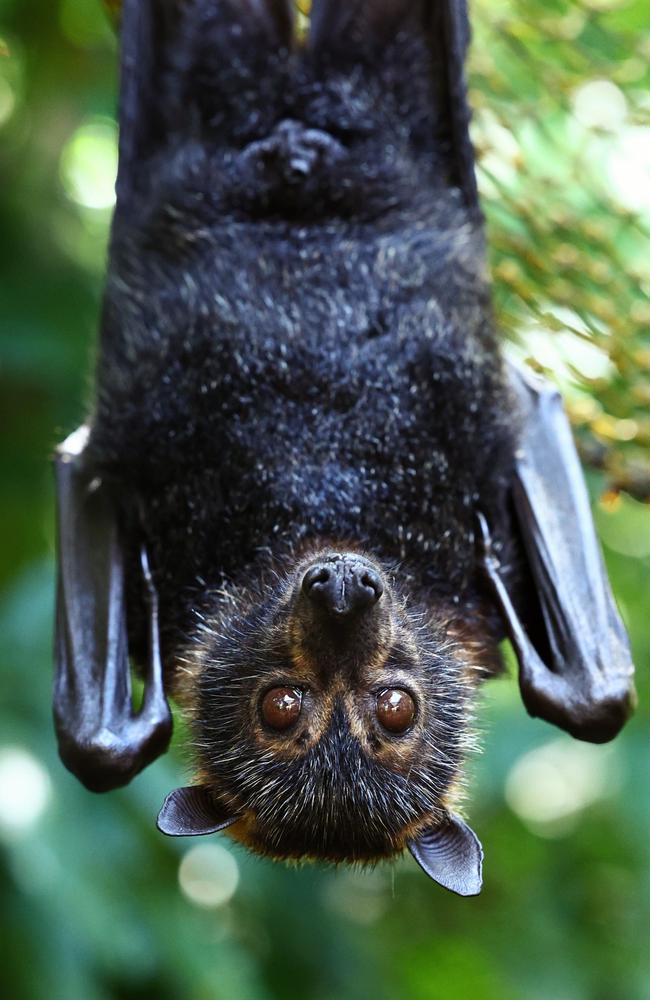
After the meeting with experts, Ms Little plans to organise a community meeting to consult with those most affected.
This is not the first time Blackbutt has dealt with a significant bat colony.
In November 2023, about 15,000 flying foxes migrated to the centre of town, setting up camp near the First Years Early Learning Centre and Blackbutt State School, raising health and safety concerns for local children.
Rescuer Janet Troupe said the bats moved into the area after the council cut down trees along the creek on Hart St where they originally roosted.
Wildlife rescuer Marjie Spies said tensions had escalated between residents and rescuers who were trying to assist the bats during that time.
Some locals verbally abused the rescuers, with one team member being “on the verge of tears” due to the hostility.
Despite the conflict, Ms Spies’ team continued to remove dead bats and rescue injured and orphaned ones daily.
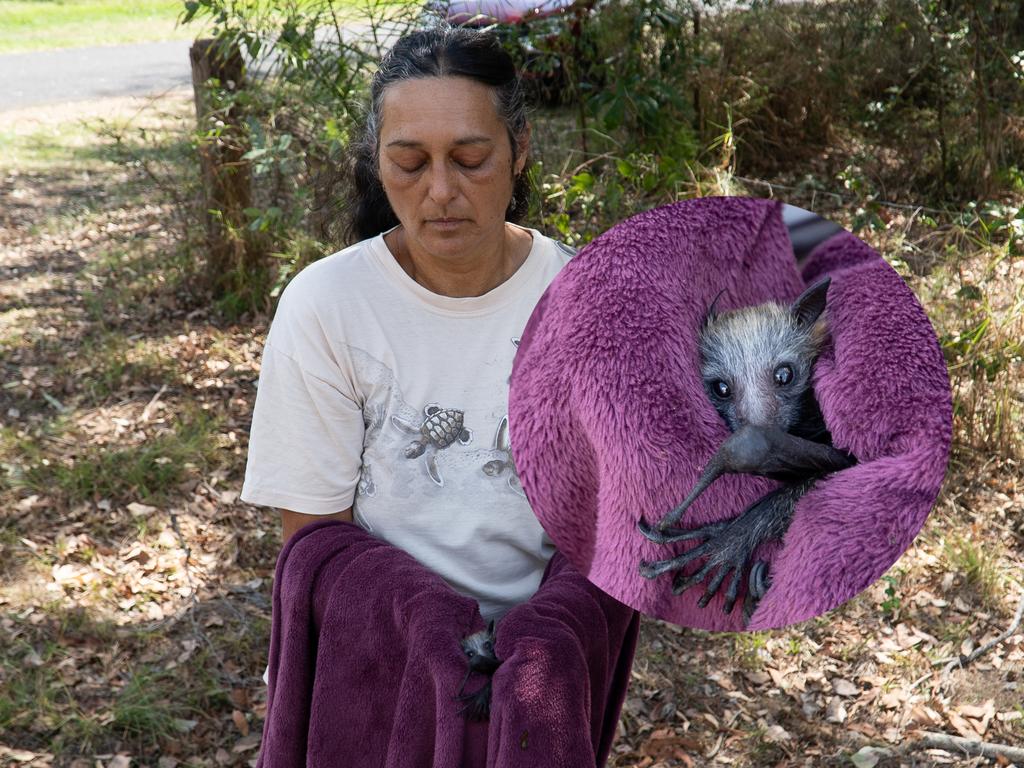
Bat Conservation and Rescue Queensland president Mel Brennan said little red flying foxes, known for forming large colonies, were contributing to the increased numbers in the area.
“The little reds move through an area for a few weeks or months. They’re noisy and there’s a lot of them, but then they move on,” Ms Brennan said.
“There is no danger … if you don’t touch them, they’re not a risk.”
One resident suggested the council try to relocate the bats, but Ms Brennan warned this would likely worsen the situation.
“Dispersal does not work. If they try and disperse this, you will get them in people’s yards again,” she said.
Ms Brennan also highlighted the critical role flying foxes play in maintaining local ecosystems.
“Without them, there is no native forest or koalas,” she said.
More Coverage
Originally published as Flying foxes invade Blackbutt homes following tree clearing



